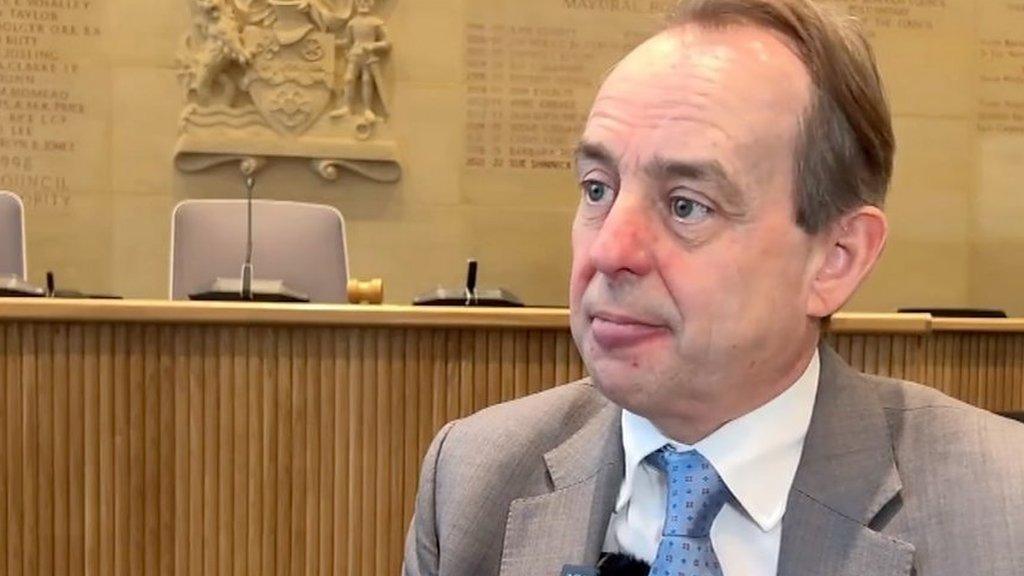Bankruptcy fears for Stoke-on-Trent City Council over finances
- Published

The council's leader Jane Ashworth took over the authority in May after the local elections
Stoke-on-Trent City Council is on the brink of effective bankruptcy with the government urged to help before it has to halt all spending.
A report said the council may have to issue a Section 114 notice in the future, which would mean most new expenditure is not permitted.
Rising demand for social care services including children in care has increased pressure on its finances.
The authority faced a shortfall of £8.5m for 2023-24, the report said.
To avoid issuing a Section 114 notice in the next financial year, the council needs the government to step in, a rapid fall in inflation or a drop in demand for its services.
Such a notice, which has been issued in the past year by councils including Croydon and Thurrock, means a local authority is in financial distress, cannot balance its budget and is effectively bankrupt.
The council would stop all new spending except on protecting vulnerable people, statutory services and pre-existing commitments.
Since the council set its budget for this financial year, the report said it has been also affected by the high inflation in the UK as well as the rising demand for personalised services such as social care.

More and more Stoke-on-Trent residents need personalised services such as social care, the council said
These led to a £13m forecast shortfall which has been reduced to £8.5m through "budget management actions", council officials said.
Most of the demand has come from its children's services, with about 1,120 children in care in July, compared to 2017 when 653 youngsters were in care.
Coupled with the impact of inflation, the authority said this rise has pushed the cost of children's social care from £44.3m in 2016-17 to £92.4m this year.
But historic issues, such as the city's relatively high levels of deprivation, a relatively weak council tax base and low levels of reserves have left the authority in a weak position, the report said.
System is 'broken'
Officials have begun to look at the financial picture for 2024-25 and said it was "becoming increasingly difficult" to find savings, with most money spent on statutory services.
Demand for its help from residents was expected to continue and, without more funding from the government, they added there was "significant risk" the council would need to consider issuing a Section 114 notice.
The council said it has held talks with the DLUHC about its current position and a further report on its actions will be drawn up for the authority's cabinet later this year.
The council's lead for finance, councillor Alastair Watson, said the authority was spending more money than it could afford and "we cannot sustain services like this".
"If we cannot afford to provide the services we deliver in these circumstances, then the system is broken, not local government. We're lobbying government for immediate action to help stem this tide," he added.

What is a Section 114 notice?
Under the Local Government Finance Act 1988, if a council's chief financial officer believes the authority cannot meet its expenditure commitments from its income, they have to issue such a notice
They do not need the consent of councillors to do so
Local authorities in the UK cannot go bankrupt but it is often described as "being effectively bankrupt" and it cannot make new spending commitments and must meet within 21 days to discuss next steps
No new expenditure is permitted with the exception of funding statutory services, including safeguarding vulnerable people, but existing commitments and contracts will continue to be honoured
Most councils in such a position have then passed an amended budget, reducing spending on services
Thurrock, Croydon, Slough and Northamptonshire have issued section 114 notices in recent years
(Source: House of Commons Library, external)

Follow BBC West Midlands on Facebook, external, Twitter, external and Instagram, external. Send your story ideas to: newsonline.westmidlands@bbc.co.uk, external
Related topics
- Published21 August 2023
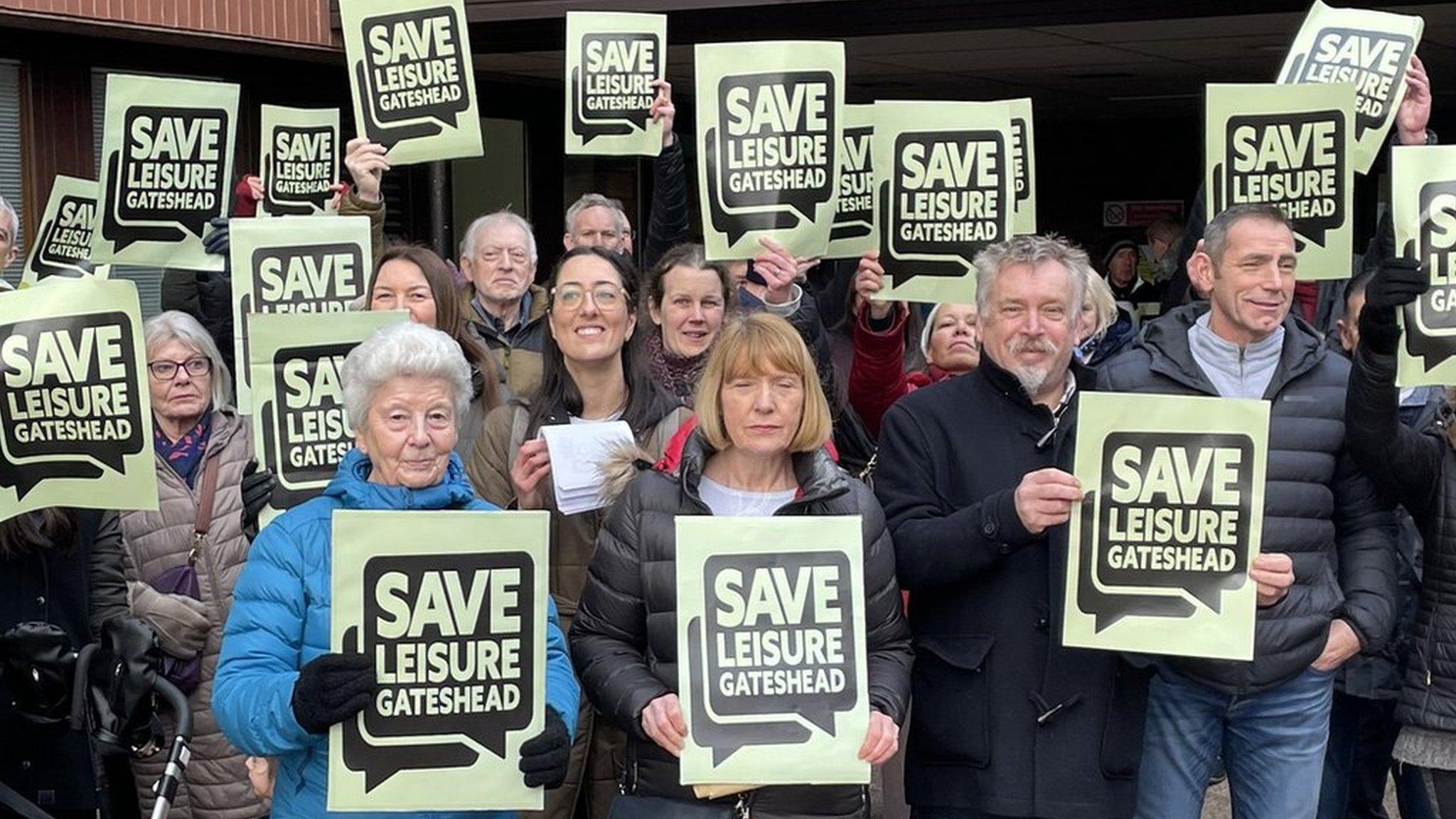
- Published13 July 2023
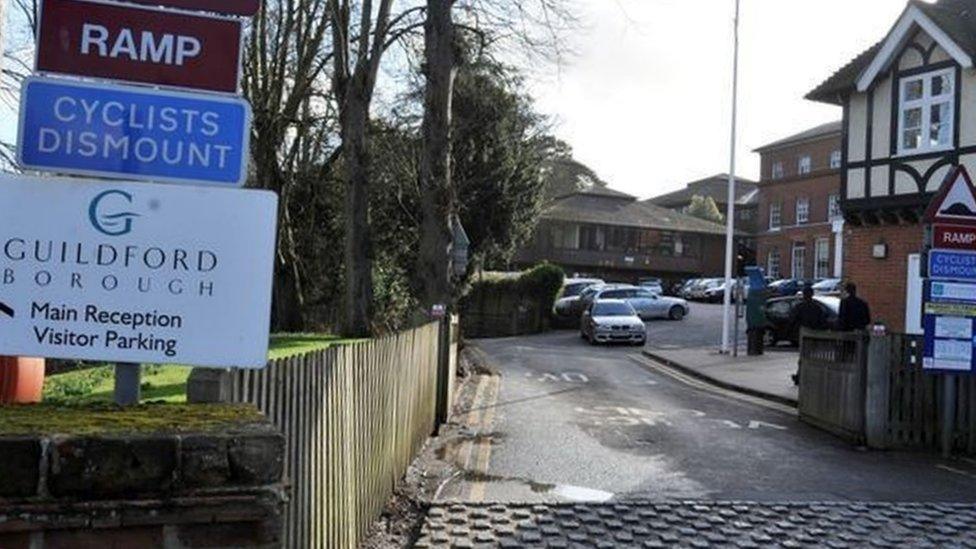
- Published25 May 2023
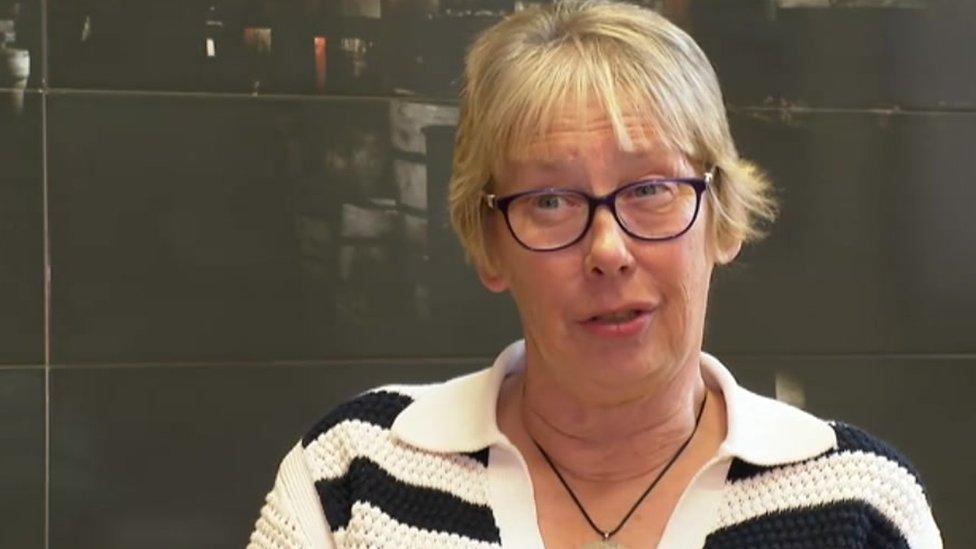
- Published5 May 2023
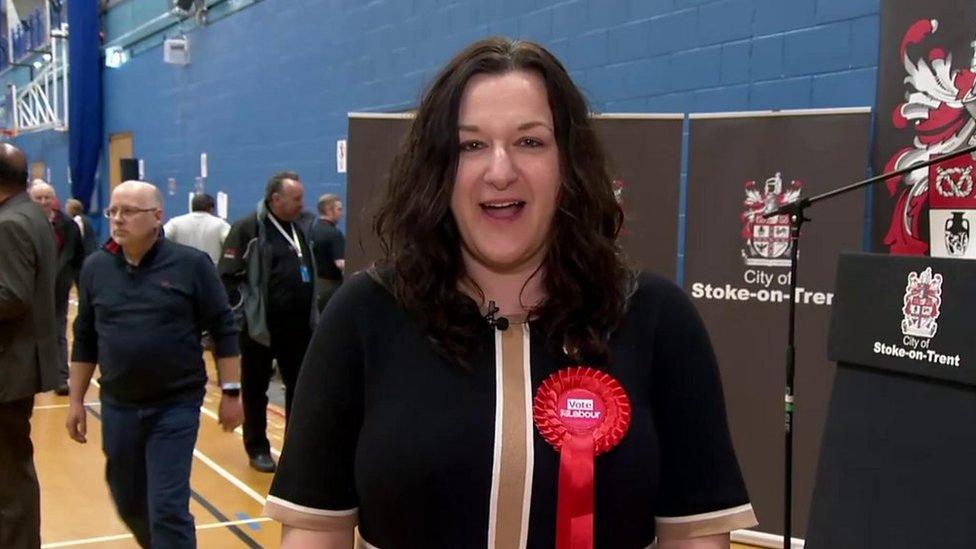
- Published19 December 2022
